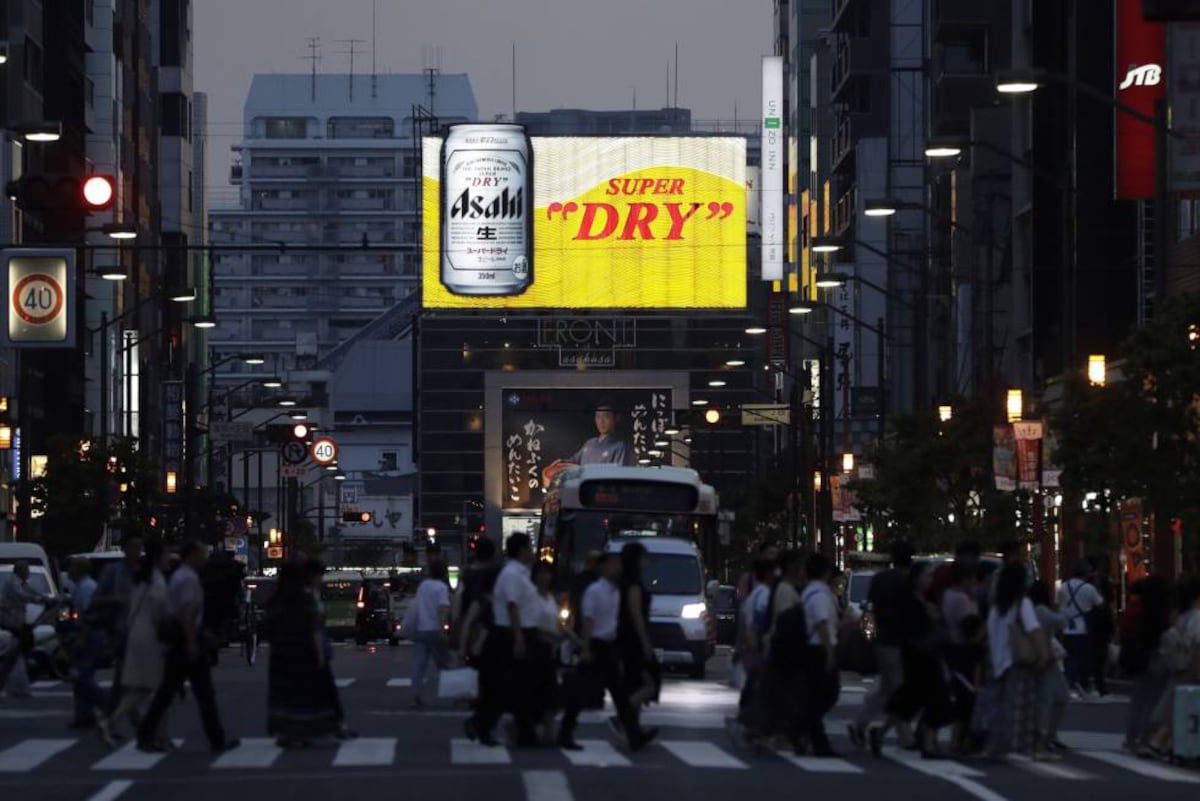
"Getting a beer has been difficult recently in the world's fourth-largest economy, and Japanese bars, restaurants, and liquor stores have had a rough October. Asahi beer, the most-consumed in the country with a 40% market share, has been in short supply for two weeks due to a cyberattack that paralyzed production and shipments. This, in turn, left competitors like Kirin and Sapporo unable to keep up with demand and forced them to stop accepting orders from establishments seeking alternative brands."
"On September 29, a ransomware attack claimed by the Russia-based Qilin group forced Asahi to close six factories and 30 other facilities. These types of attacks are carried out with malicious software that encrypts and locks systems until a ransom is paid. With computers paralyzed, the company had to temporarily revert to manual processes for order fulfillment and logistics. Everything was managed for two weeks with pen and paper, notifying customers by fax when trucks were ready to leave the warehouse."
"The incident made it virtually impossible to maintain normal merchandise flows, and store shelves were empty within two days. The same thing happened in the hospitality sector: Japan's favorite beer soon stopped being served. Asahi's headquarters also lost the ability to receive emails, according to the company. And it had to postpone the presentation of its quarterly results. Activity gradually resumed, starting with the group's flagship beer, Super Dry, until all breweries had reopened by October 10, albeit at reduced capacity."
A ransomware attack on September 29, claimed by Russia-based Qilin, forced Asahi to close six factories and 30 other facilities. Production and shipments were paralyzed, leaving Asahi's Super Dry and other beers in short supply across Japan. Competitors Kirin and Sapporo could not meet overflow demand and stopped accepting orders from establishments. With systems locked, Asahi reverted to manual order fulfillment, managing operations by pen and paper and fax for two weeks. Store shelves emptied within two days and many bars and restaurants stopped serving Asahi. Breweries reopened by October 10 at reduced capacity, and the company apologized for stakeholder disruptions. Europe operations were not affected.
Read at english.elpais.com
Unable to calculate read time
Collection
[
|
...
]